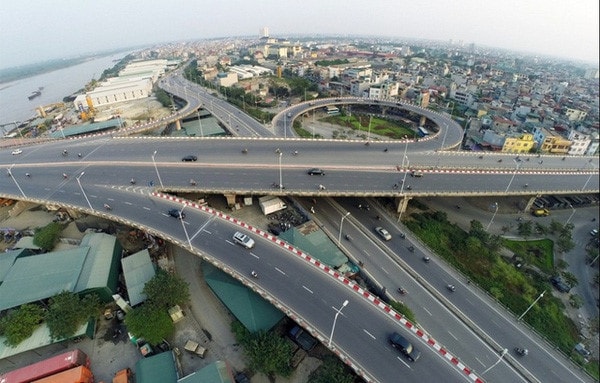Temporarily stop exchanging land for infrastructure
The Ministry of Finance has just sent an official dispatch to ministries, branches, and People's Committees of provinces and centrally-run cities requesting a temporary suspension of consideration and decision on the use of public assets (land) to pay investors when implementing investment projects in the form of build-transfer (BT) until the Government's Decree regulating this content takes effect.
 |
| Illustration photo |
Previously, in October 2017, the Ministry of Finance submitted to the Government a draft Decree regulating the use of public assets to pay investors when implementing construction investment projects under the form of BT contracts. This document has not yet been issued and during this time, the exchange of land for infrastructure will stop.
It is not by chance that the Ministry of Finance has made this proposal. In recent times, it is undeniable that BT investment is an important solution for the State to mobilize resources from the private sector to invest in infrastructure to serve socio-economic development in the context of limited budget. However, in the implementation process, many loopholes have appeared in management, especially in the valuation of public assets, including land and land use rights, which has caused people and public opinion to lose confidence. Recently, the story of each kilometer of road being expensive up to thousands of billions of VND in Thu Thiem Urban Area (Ho Chi Minh City) has caused many negative responses in public opinion.
The story of right and wrong in land valuation at BT projects in Thu Thiem is still being clarified by the authorities. However, the fact that many localities are racing to set up BT projects and businesses are rushing into BT projects, many BT projects are appointing contractors instead of bidding... is true. Therefore, it is necessary to propose to temporarily suspend BT projects to review issues in project appraisal and implementation to ensure transparency, publicity and recalculate the value of land fund for infrastructure.
Experts say that land is public property, the management of public property must be carried out according to new regulations, publicly, transparently and bidding for all jobs, ensuring equal competition between bidding enterprises. The authorities also need to inspect and supervise fairly. In addition, besides land and public property, the State and localities also need to participate in finding other solutions to effectively mobilize resources to serve socio-economic development.


